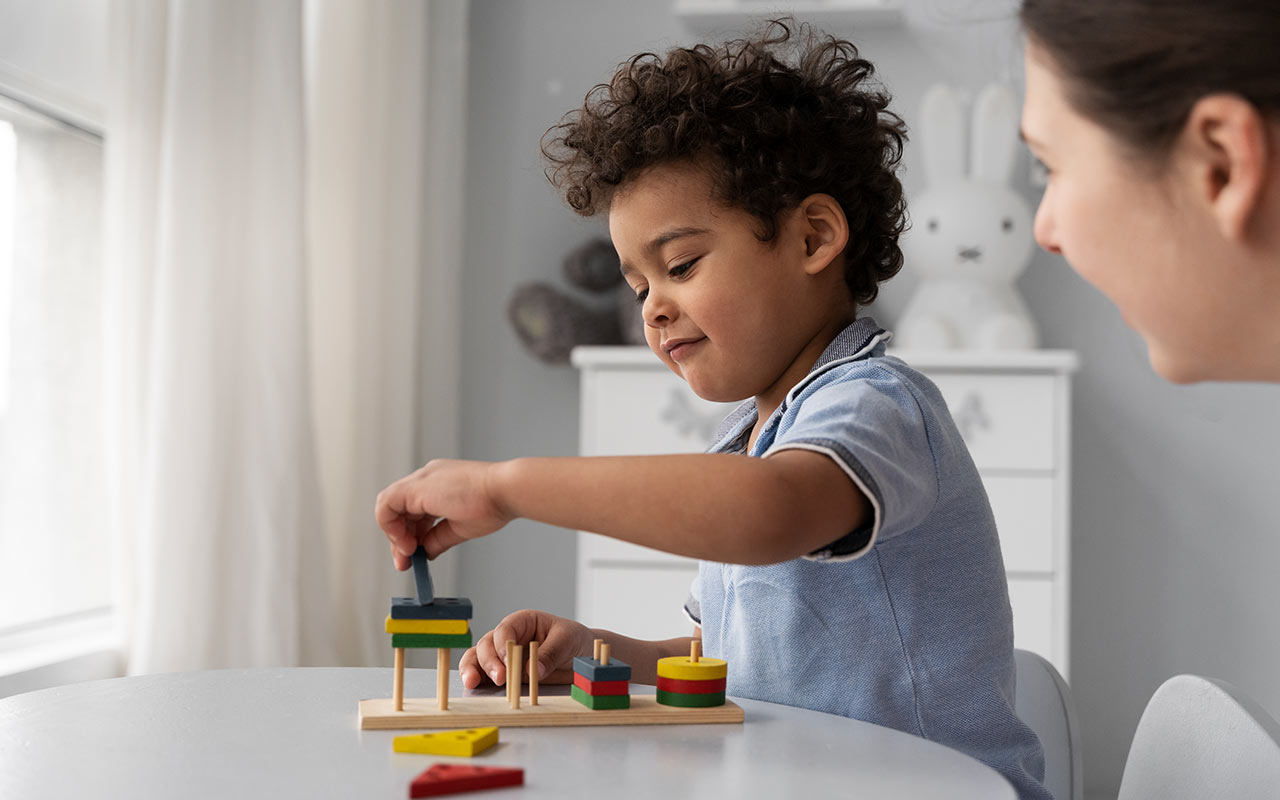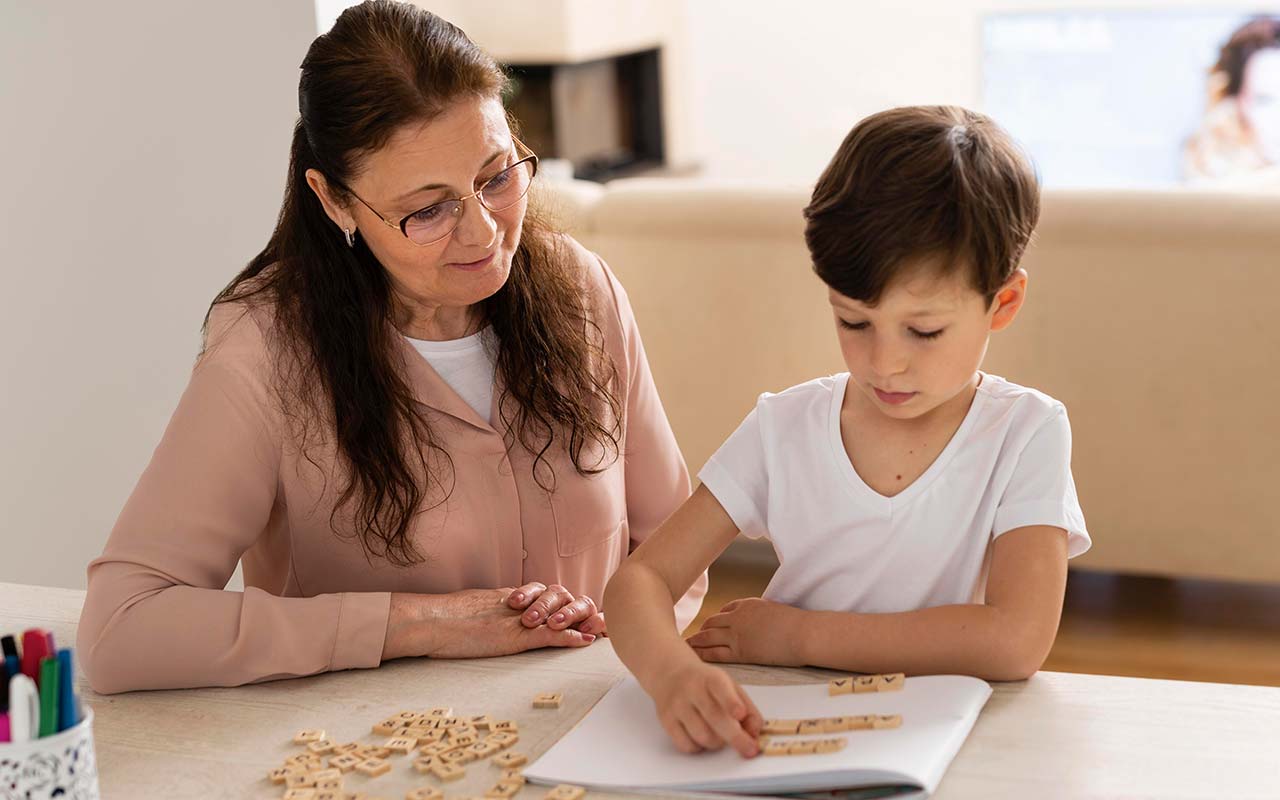What does Positive Parenting entail?
Positive parenting is an approach to child rearing that emphasizes nurturing a strong and supportive parent-child relationship, encouraging emotional and social development, and employing nonpunitive discipline techniques. It is founded on empathy, understanding, and open communication, with the goal of creating a nurturing environment that promotes the child’s positive behavior, emotional health, and overall development.
Why is positive parenting most important?
Here are a few demonstrated benefits of positive parenting:
Limits negative behavior:
Positive parenting techniques, such as establishing clear expectations and employing constructive discipline, promote healthy boundaries and decrease the incidence of problem behaviors in children.
Encourages personal development:
By fostering a supportive and nurturing environment, positive parenting enables children to investigate their interests, strengths, and weaknesses, resulting in a more well-rounded and self-assured sense of self.
Lowers instances of childhood depression:
Positive parental practices promote emotional security and open communication, thereby decreasing the likelihood of developing depression and other mental health problems in children.
Boosts cognitive, social, and emotional skills:
Positive parenting involves engaging children in stimulating activities, fostering social interactions, and teaching emotional intelligence, all of which contribute to their overall development.
Helps kids understand and regulate their own emotions:
Aids children in comprehending and regulating their own emotions: Through positive parenting, children learn to identify and express their emotions, thereby acquiring essential emotional regulation skills that contribute to their long-term well-being.
Reduces the adverse consequences of socioeconomic disadvantage:
The influence of socioeconomic challenges on a child’s development and future success is mitigated by stable and supportive parenting.
Improves self-esteem, independence, creativity, and intrinsic motivation:
Positive parenting fosters in children a sense of self-worth, independence, and creativity, instilling a natural drive to explore and accomplish objectives without the need for external rewards.
Strategies to follow:
Developing a loving and supportive relationship with your infant is essential for his or her healthy growth. Developing a strong connection based on affection, trust, and open communication promotes emotional stability and a sense of belonging. Create an environment in which your child feels valued and understood by displaying affection, actively listening, and being emotionally available to promote their overall well-being and resilience.
In order to provide structure and stability in a child’s existence, it is essential to set clear and consistent boundaries. Clearly communicate expectations and norms to help them understand what is expected and to create a safe environment in which they can confidently explore and develop.
Positive reinforcement entails recognizing and praising your child’s positive behavior, accomplishments, and efforts. This positive reinforcement reinforces their actions, enhances their self-esteem, and encourages them to continue making good decisions.
Communication skills must be honed in order to establish strong parent-child bonds. Use age-appropriate language, encourage them to express their emotions and thoughts, and actively listen with empathy in order to foster healthy communication skills and emotional intelligence.
Encouragement of independence and autonomy enables your child to make age-appropriate decisions and solve problems independently. This fosters their sense of competence, independence, and critical thinking skills, laying the groundwork for future success.
The provision of a safe and stimulating environment permits your child to freely investigate, learn, and play. Offer age-appropriate tools, books, and activities that promote cognitive and emotional development by stimulating their curiosity and creativity.
Positive discipline entails emphasizing instruction and guidance rather than punishment. Implement logical, misbehavior-related consequences to assist your child in learning from their errors and developing self-discipline and accountability.
The most effective method to teach your child values and social skills is to set a good example. Kindness, empathy, respect, and excellent manners should be exhibited, as they will observe and learn from your actions and interactions.
Encourage healthful behaviors to lay the groundwork for their overall health. To cultivate physical health and teach the importance of self-care and wellness, encourage balanced nutrition, regular exercise, and adequate sleep.
Important for fostering a strong parent-child bond is quality time spent together. Engage in enjoyable activities and devote one-on-one time, thereby creating enduring memories, fostering trust, and facilitating open communication, thereby fostering a profound and meaningful relationship that supports their emotional development.
Remember that every child is unique, so adapt these techniques to your child’s specific requirements and character. Positive parenting requires patience, understanding, and consistency to nurture healthy child development.










